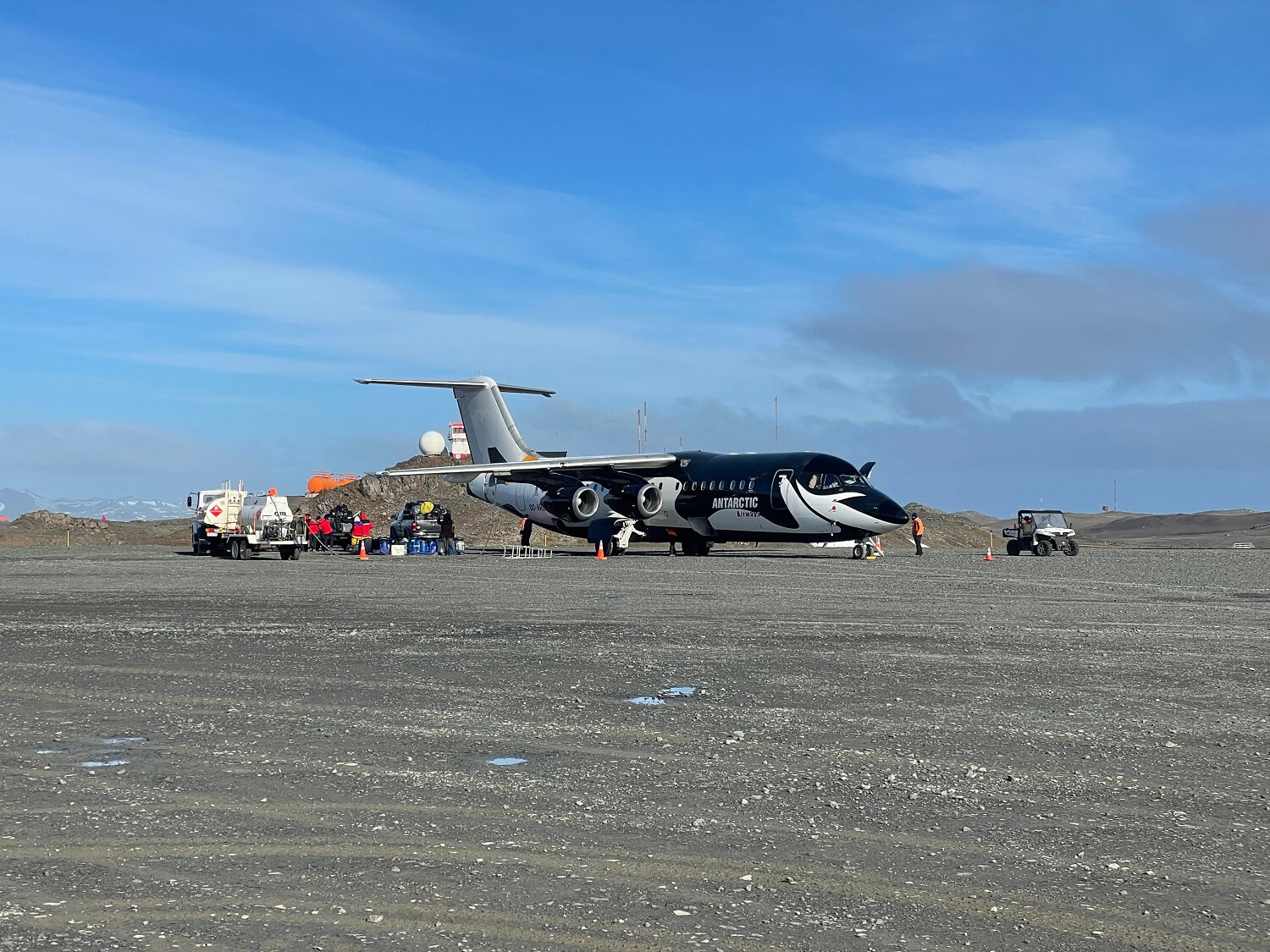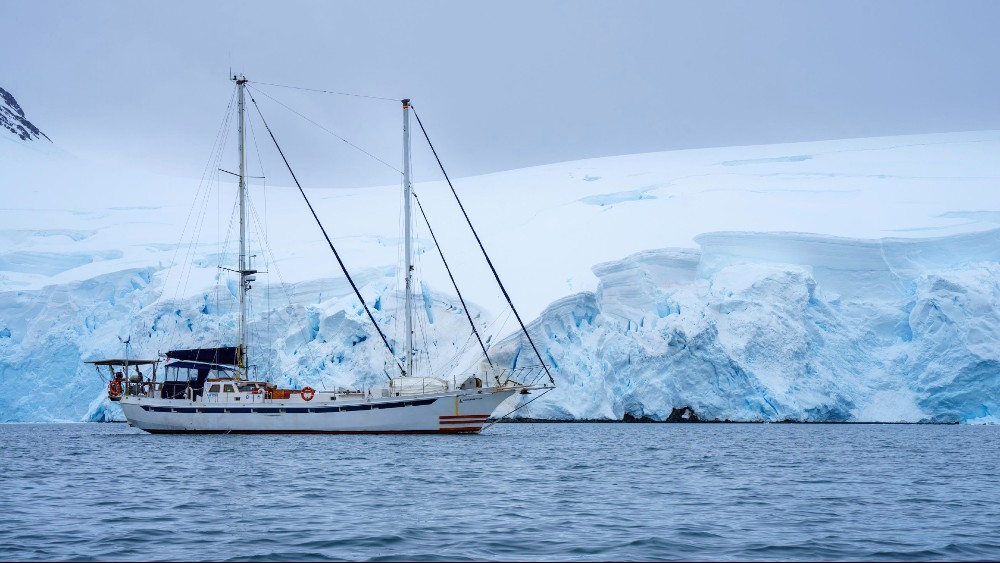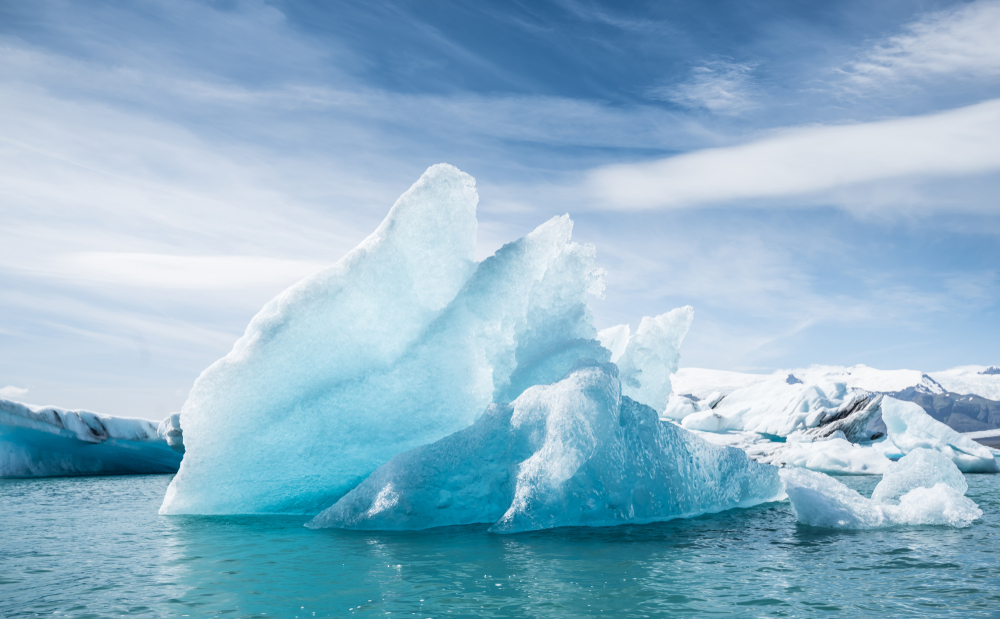The FCT Polar Program has been run and funded by the Foundation for Science and Technology since 2011. Its mission is to promote and support the development of Portuguese polar science of excellence and, in this way, contribute to improving our understanding of how the planet works and, in particular, respond to human pressures and the ability to predict potential effects for the future.
The Polar Program is responsible for monitoring national research in the polar regions, promoting the expansion of the national polar scientific community and consolidating its activities, as well as framing the country's participation in treaties, protocols, and other instruments of international cooperation in this area. It carries out these activities in close collaboration with its Scientific Advisors and the Coordination Committee of the Portuguese Polar Program (PROPOLAR), a partner program coordinated by five national research institutes whose mission is to promote research in polar science, facilitate international cooperation, and operationalize polar logistics, enabling scientists to access the polar regions.
History
In December 2011, the Polar Office (GP) was created at FCT as a support and monitoring structure for Portuguese polar research activities.
This Office was the result of the convergence of the following set of factors:
- The success of Portugal's first participation in the 3rd International Polar Year (March 2007 to March 2009), an event that brought together around 50,000 scientists from more than 60 countries and in which the FCT supported the activities of Portuguese researchers through the PROPOLAR project – Portuguese Polar Program.
- Portugal's accession to the Scientific Committee on Antarctic Research (SCAR) in 2006 and to the European Polar Board (EPB) in 2008.
- The signing of a Memorandum of Understanding between Portugal and Spain in January 2009 for joint participation in polar research.
- Portugal's accession to the Antarctic Treaty in January 2010 – despite being a non-consultative party to this international legal instrument, Portugal has, since that date, assumed responsibilities in contributing to the development of scientific knowledge through international cooperation in research carried out in Antarctica.
- The needs raised by the evolution of polar research carried out by the national scientific community, namely the high capital involved in cutting-edge technologies and complex infrastructure and logistics.
- Recognition of the growing efforts of the Portuguese scientific community in studying the polar regions and disseminating their findings.
In October 2016, the Polar Office was dissolved to make way for the National Polar Program to continue contributing to improving our understanding of the climate system and ecosystems.
Objectives of the Polar Program
- Establish a link between FCT and the national scientific community interested in polar issues.
- Promote, support, and stimulate the development and internationalization of Portuguese Polar Sciences through the following actions:
- Support for annual polar campaigns, namely through Calls proposals to support research projects in the polar regions (Arctic and Antarctic).
- Support for conferences, workshops, and other activities to disseminate and communicate information about Portuguese polar research.
- Strengthening national and international collaborations through the signing of treaties, protocols, memoranda of understanding, and other instruments in the field of polar research.
- Definition and implementation of standards and practices necessary for the fulfillment of duties and obligations arising from the signing of treaties, protocols, and other international cooperation instruments, namely those arising from the signing of the Antarctic Treaty and the Madrid Protocol (Environmental Protection Protocol to the Antarctic Treaty).
- Support for the construction and maintenance of a national polar database and its referral to the Antarctic Master Directory, within the framework of the Antarctic Treaty Consultative System.
- Support for the creation and maintenance of a polar information center, integrating a library, a map library, and a photo library.
- Proposal and promotion of partnerships between research institutions and companies in order to promote technology transfer and the economic valorization of knowledge.
- Ensure liaison between sectoral ministries (Ministry of Education, Ministry of Foreign Affairs, Ministry of Environment) and other relevant public and private institutions (e.g., Portuguese Environment Agency, Agência Ciência Viva, Portuguese Institute of Sport and Youth) to promote polar sciences and ensure the correct framework for national scientists in international protocols.
- Ensure national representation in key international scientific and polar science management organizations.
International Context
Portugal has sought to play an active role in the most relevant international organizations and networks associated with polar research and management, such as the following:
- EPB – European Polar Board
- SCAR – Scientific Committee on Antarctic Research
- IASC – International Arctic Science Committee
- FARO – Forum of Arctic Research Operators
- COMNAP – Council of Managers of National Antarctic Programs
The Polar Program coordination also manages treaties, memoranda, and cooperation protocols signed with other international polar programs, promoting the signing of new collaboration instruments that facilitate the development of national polar research.
Structure
The Polar Program structure includes a coordination team, a working team, and two scientific advisors—Professors Gonçalo Vieira (IGOT/UL) and José Xavier (UC).
Useful Links
- PROPOLAR
- Antarctic Treaty Secretariat
- International Arctic Science Committee (IASC)
- Scientific Committee on Antarctic Research (SCAR)
- European Polar Board (EPB)
- Council of Managers of National Antarctic Programs (COMNAP)
- Forum of Arctic Research Operators (FARO)


